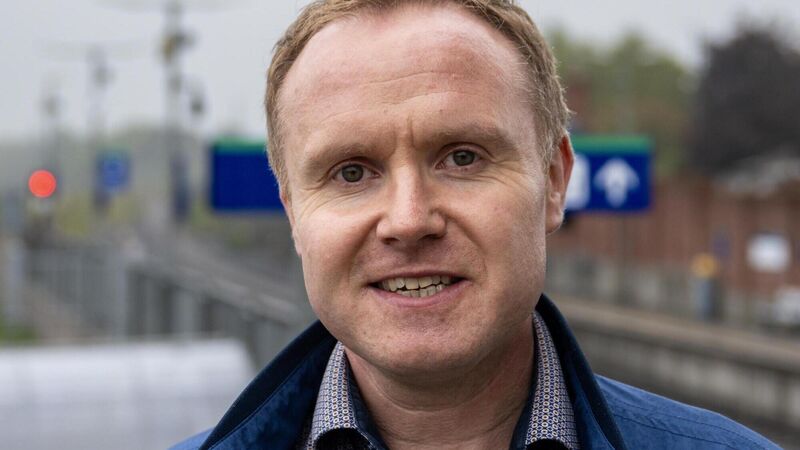Concern over rise in number of private residential centres for people living with intellectual disability

Social Democrats TD for Cork East Liam Quaide said that the increased privatisation evidenced in the figures 'will result in poor outcomes for our disabled citizens'. Picture: Chani Anderson
The number of for-profit residential centres for people living with an intellectual disability nearly doubled over the past four years, sparking concerns about the quality of care being received.
New figures from the HSE show that some 1,353 people with intellectual disabilities are currently being cared for in their residential placements by private, for-profit companies, representing more than 15% of the 8,834 such placements in total in Ireland.










